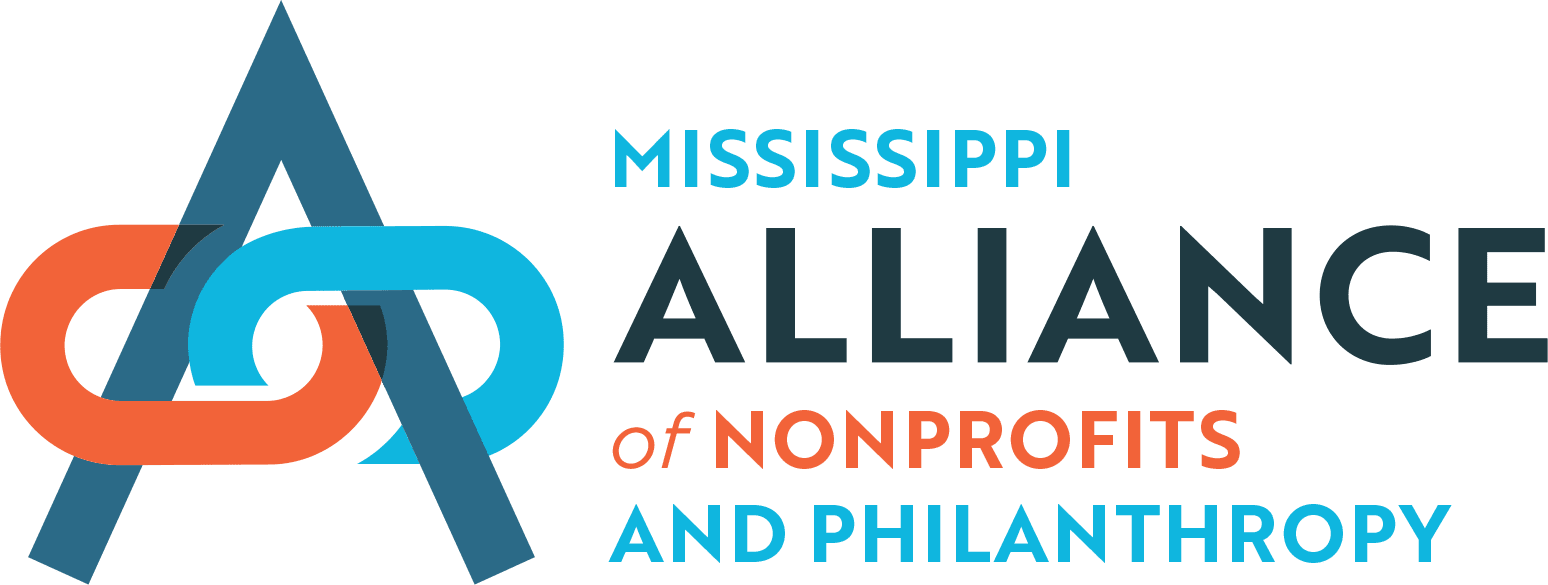Happiness starts with good health.

National Women’s Health Month observed annually in May, is a time the U.S. Department of Health and Human Services’ Office on Women’s Health (OWH) encourages all women and girls to reflect on their individual health needs and take the necessary steps to improve their overall health.
Women often forego an active lifestyle and a healthy diet to keep up with the rigorous demands of work and family and the consequences of neglecting their health can be dire. When women fail to take care of their own health, hereditary illnesses may afflict them sooner and with more severity. A sedentary lifestyle may also result in illnesses that can be avoided with a good lifestyle. Prioritizing your health – both physical and mental – has never been more important.
National Women’s Health Week, which begins each Mother’s Day, will run May 14 -20, 2023. This observance also encourages women to consider the factors that influence their mental health, such as managing stress, in order to ward off anxiety and depression.
5 mind-blowing facts about women’s health:
Over the past few years, many women have put off taking care of their general health and wellness needs. They have adjusted their daily routines, including the way they connect with family and friends. The combination has led to serious health problems for some women.
> Most women have poor health
Nearly 13% of women over the age of 18 are in poor health.
> Obesity is a cause for worry
Nearly 38% of American women are obese.
> Alzheimer’s
Two out of three Alzheimer’s patients in America are women.
> Breast cancer is common
One out of eight women is likely to be diagnosed with breast cancer in America.
> Mental illnesses affect more women
Women are twice as likely as men to experience depression.
Women’s health is wealth.
For too long, women and their families have been left to deal with unmet health needs and their physical, economic and social costs. It has been seen as their individual issue – and this needs to change.
Investment in women is unrivaled in its return on the investment for the health of all of society. When we invest in women’s health, we’re not only investing in individual women, but their families and their communities, as well as their country’s economy and future.
Consider the following:
An estimated $300 million investment into research focused on women could yield a $13 billion economic return and lead to reduced healthcare costs, better quality of life, and years of productivity returned to the global workforce.
For every $1 spent on improving access to family planning services, society yields $120 in health and economic benefits.
Higher rates of maternal mortality and morbidity have significant negative effects on GDP (Gross Domestic Product), through both medical costs as well as non-medical costs such as lost work time.
Societies that prioritize women’s health show increased productivity across generations.
If all women in low- and middle-income countries had access to contraceptives, unintended pregnancy would drop by 68% globally.
Sources: National Today and National World Economic Forum, DAVOS 2023Sources: National Today and National World Economic Forum, DAVOS 2023
Related Articles
Equity in Response, Recovery and Resilence: An Action Report in Five Parts
The Mississippi Alliance of Nonprofits and Philanthropy (the Alliance) was created to enhance coordination, collaboration, and communication among nonprofits, maximizing existing funding and expanding resources. The Alliance also focuses on embedding equity into nonprofit work, aiming to ensure equitable outcomes. During the 2022 Jackson water crisis, nonprofits worked to meet urgent needs. Recently, with funding from the US Water Alliance, the Alliance and its partners have been studying equity in disaster response, recovery, and resilience efforts.
Revisiting Big Questions for Philanthropy: When to Bridge and When to Fight
Two big, related questions have hung over many in philanthropy these past several years: first, how best to protect democracy, and second, how to work to bridge differences in a polarized time.
Sabbaticals and the Case for More Rest for Leaders of Color
Social change isn’t possible when nonprofit leaders are exhausted. Extended paid leave helped me — and can help others.

